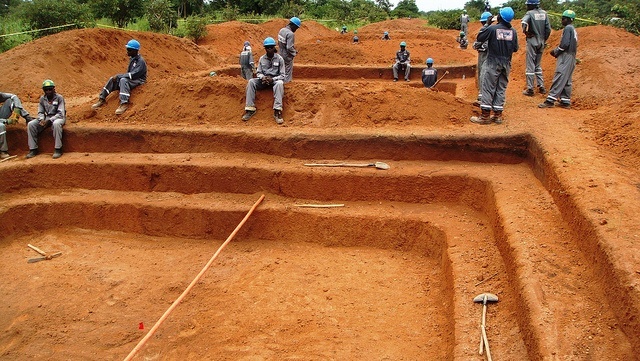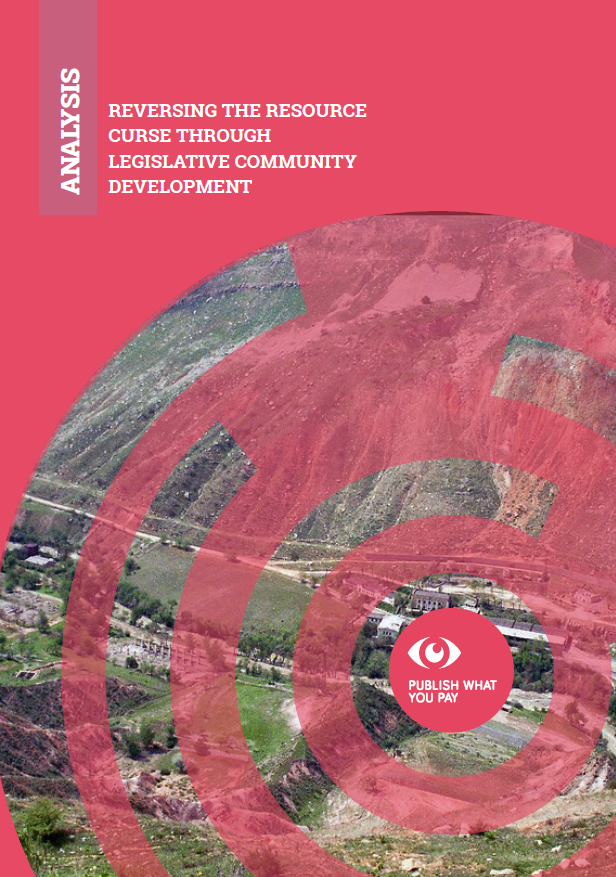Chad has the typical characteristics of a country affected by the “resource curse”, rich in natural resources, poor in development for the majority of the population. In other words, the benefits, mainly from oil, do not trickle down to communities that are, instead often negatively, impacted by extractive activities.
In Chad, the national Publish What You Pay coalition decided to strengthen its knowledge of oil project life-cycles to better work towards changing the adverse situation caused by oil extraction. A three day training was organised in February 2015 by Open Oil, a consultancy organization working mainly on transparency issues. They developed a model to predict the life cycle of an oil project, in terms of the benefits gained and how these are shared. Because some basic information on oil contracts are needed for this, it is therefore important that this data is available; which is why Open Oil has also worked on this by gathering and making many contracts public.
What does this model bring us and how can it help the work of PWYP? First of all, it is very hard to ‘know what you have’ – in this case in terms of revenues from natural resources – if it is not modeled. As soon as benefits for different stakeholders can be estimated, we also have an idea on the fairness of the deal and the timing of which revenue streams count at what moment. This gives a basis to lobby for more equal distribution and to reduce the vulnerability of the government as well as local communities.
Although the training was at times very technical, the participants were able to capture the importance of oil project modeling as a tool towards more transparency. The most interesting aspect is of course what happens after the training, or, in other words, what changes did the training bring about?
First of all, different parties showed interest in the financial model that has been presented during the workshop. The Chadian government, a Chadian auditing firm and a German development agency contacted Open Oil to explore opportunities. The last organisation is working on defining their exact needs whereas the propositions coming from Chad were not yet clear and transparent enough to further investigate collaboration at this moment.
In the meantime, Open Oil is now developing a “pedagogical model”. What the Chad workshop established was a clear appetite to use models to finally understand the whole financial system around oil and mining projects. But what was also clear was that to start training civil society using models of actual projects was too demanding. Each project has its own complexities and “artefacts” which have to be factored into the model to achieve good results on things like revenue forecasting, the investor return, and so on. But that means that it can be very hard for a beginner to start on a finished project model. It is better to start with a stylised and simplified model, which teaches the underlying principles and features of project economics, and gradually work up from there into the full complexity that happens in the real world.
These efforts towards a simplified model will help making the concept of financial modelling available on a broader scale among civil society, who can then distil the necessary information to the community level. That way, modeling can increase awareness on oil, gas and mining lifecycles and enables people impacted by the effects of extractive activities, to stand for their rights and ensure that ‘fair deals’ are made.
A tangible step forward is that Open Oil will be “premiering” the pedagogical model with the government of Mauritania during the last week of November 2015. All materials will be available in both English and French.











